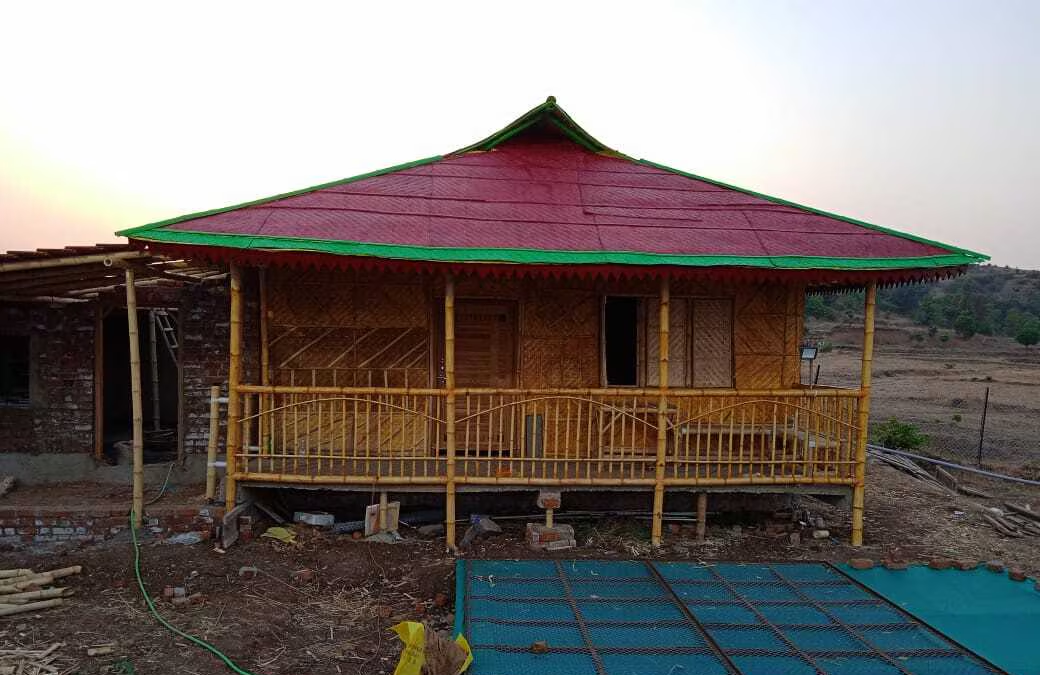Now Reading: Hidden Costs of Travel: Don’t Forget These Budget Busters 2025!
-
01
Hidden Costs of Travel: Don’t Forget These Budget Busters 2025!
Hidden Costs of Travel: Don’t Forget These Budget Busters 2025!

Table of Contents
When planning a trip or moving abroad, most people focus on big expenses like flights, accommodation, and food. But many travelers forget to budget for something just as important—additional costs like taxes, visa fees, and government charges.
These hidden expenses can add hundreds, or even thousands, of dollars to your total cost. If you’re not prepared, they can mess up your budget and cause unnecessary stress.
In this article, we’ll explain the most common additional costs travelers face and how you can plan for them smartly. Whether you’re traveling for vacation, study, or work, knowing these extra charges will help you avoid surprises.
1. Understanding Taxes on Travel

Taxes are everywhere—and travel is no exception. Here are some types of travel-related taxes you should know:
a. Airport Taxes
Many countries charge airport departure or arrival taxes. These are sometimes included in your airline ticket, but not always. Double-check your ticket details so you don’t get a shock at the airport.
Example: In countries like Mexico or Thailand, departure taxes can range from $20 to $50.
b. Hotel Taxes
Hotel bookings often come with added taxes. These may be listed as “service charges,” “resort fees,” or “tourism taxes.” The rates vary by city or country and can be as high as 20%.
Tip: When booking a hotel online, always look at the final price after tax.
c. Sales and Value Added Tax (VAT)
In many countries, goods and services are taxed through VAT or GST. These taxes may be refundable for tourists, but the process can be complicated.
Pro Tip: Keep your receipts and check if you’re eligible for a VAT refund before leaving the country.
2. Visa Fees: The True Cost of Entry
Visas are one of the most overlooked travel expenses. Depending on your nationality and where you’re going, visa fees can range from free to several hundred dollars.
a. Tourist Visas
Some countries offer free visas or visa-on-arrival, but others require advance application with a fee.
Example: A U.S. tourist visiting India must pay around $25–$80, depending on the type and duration of the visa.
b. Student or Work Visas
If you’re traveling for education or employment, visa fees are usually higher and may include additional costs like biometric screening, medical tests, or document verification.
Example: A UK student visa can cost over $500, plus a healthcare surcharge.
c. Visa Application Services
Some people choose to use visa agencies or consultants. While this can be helpful, it adds extra service fees.
Tip: Always check the official embassy website before paying anyone else. You might be able to do it yourself for less.
3. Other Government and Service Fees
Beyond taxes and visas, there are several lesser-known fees that can add up:
a. Immigration and Processing Fees
Countries like Canada, Australia, or the U.S. charge additional fees for processing visa or residency applications. These fees are non-refundable—even if your application is denied.
b. Health Insurance and Surcharges
Some countries require visitors to buy travel or health insurance. In places like Australia and the UK, this cost can be hundreds of dollars per year.
Example: The UK’s Immigration Health Surcharge is about £776 ($950) per year for students.
c. Legalization and Translation Fees
If you’re applying for long-term visas or permanent residence, you may need to legalize or translate documents like birth certificates, diplomas, or police checks. These services are not free.
d. Bank Transfer or Payment Fees
If you’re paying visa fees or tuition in another country, currency exchange and international bank fees can eat into your budget.
4. Tips to Budget for Extra Costs

Here are smart ways to manage and plan for these additional costs:
- Research Early: Visit government and embassy websites to find exact fees.
- Make a List: Write down all possible costs including hidden ones.
- Use a Budgeting App: Track expenses using apps like Mint, YNAB, or TravelSpend.
- Add a Cushion: Set aside an extra 10–15% of your budget for unexpected charges.
- Watch the Exchange Rate: Currency changes can affect visa fees and other expenses.
- Ask Around: Join expat or travel forums to hear real experiences from others.
5. Why These Costs Matter
Ignoring these extra fees can lead to:
- Delays in travel plans
- Running out of money abroad
- Stressful last-minute surprises
- Rejected visa applications
By budgeting wisely, you’ll avoid these risks and enjoy your journey with peace of mind.
Final Thoughts
Travel is exciting, but budgeting for the less obvious costs is key to a smooth experience. Taxes, visas, and fees might not seem like a big deal at first, but they can add up fast. Knowing them in advance means no shocks, no delays, and no drama.
So, next time you’re planning your next trip, don’t just look at flight and hotel prices. Look deeper—because it’s the hidden costs that hurt the most.
Read More:- Shobha Realty Launches Its Most Luxurious Project Yet—Full Details Inside 2025






















